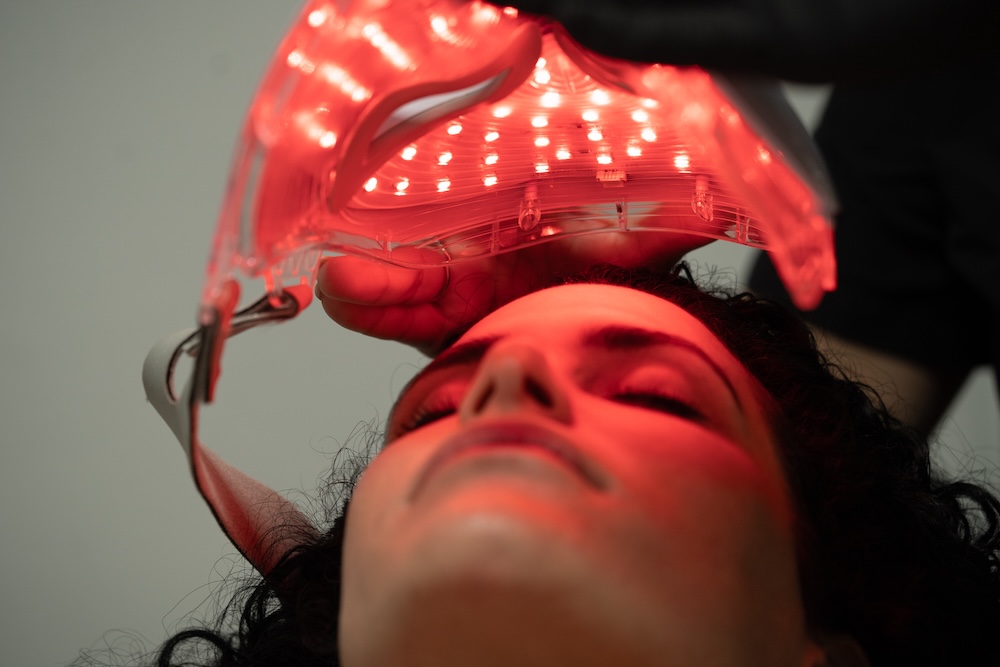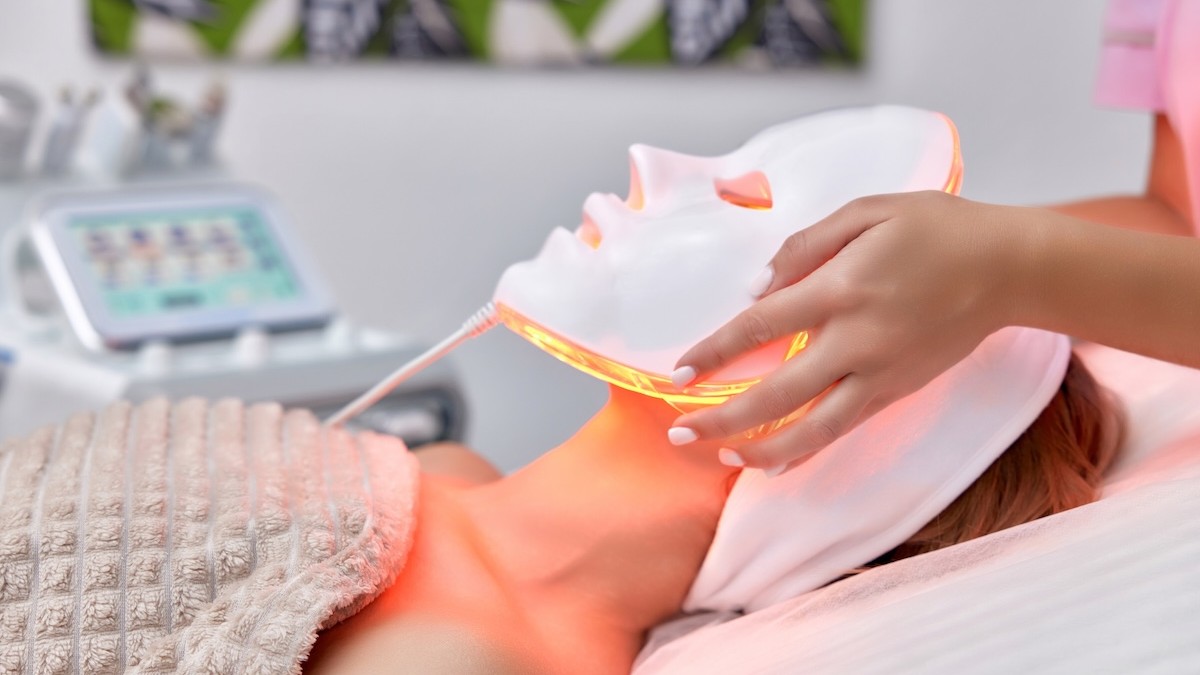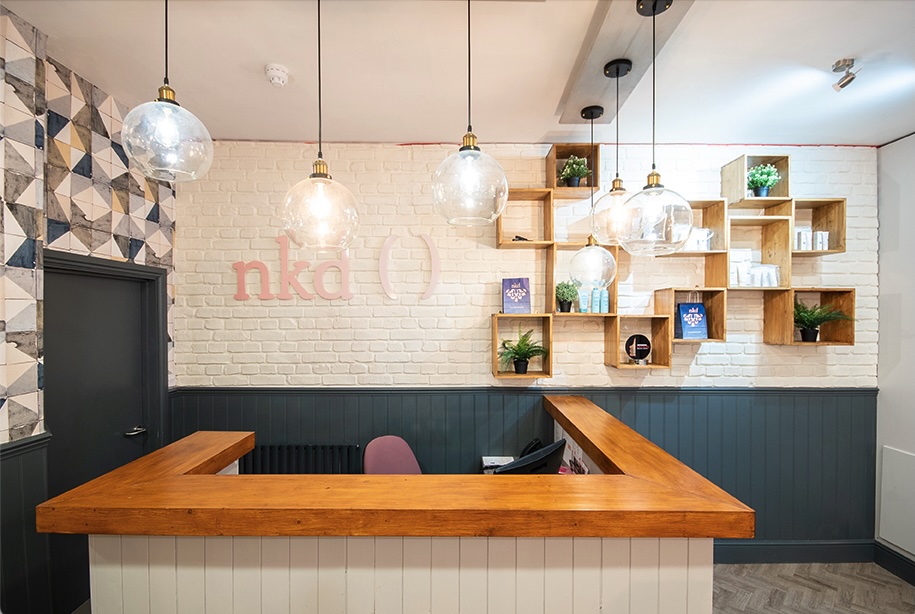The UK’s advertising regulator has ruled against four brands for breaching CAP Code rules by claiming their LED face masks could treat acne and rosacea
The Advertising Standards Authority (ASA) has banned adverts from Beautaholics, Luyors Retail, Project E Beauty and Silk’n after ruling that all four companies made unauthorised medical claims about the capabilities of their LED face masks.
The rulings, published on November 5, 2025, form part of a wider ASA investigation into LED mask advertising in the UK, identified through the regulator’s AI-powered Active Ad Monitoring system, which scans online ads for potential rule breaches.
In each case, the ASA found that the companies’ adverts suggested their devices could treat or prevent acne and rosacea – both recognised as medical conditions under UK regulation.
Such claims can only be made for licensed medicinal products or registered medical devices authorised by the Medicines and Healthcare products Regulatory Agency (MHRA).
Beautaholics’ and Luyors’ LED mask ads found in breach
Beautaholics was found to have breached the rules in a paid-for Meta ad and on its website for its Rejuvalux LED mask, which stated the product provided “targeted solutions for acne and rosacea” and that “specific wavelengths of LED light can reduce acne-causing bacteria”.
Although the company said the device was UKCA certified, it was not registered with the MHRA. Beautaholics told the ASA that it had removed or reworded the adverts and would avoid medical terminology in future.
Similarly, Luyors Retail ran a Meta ad that claimed its LED mask could “help tackle everything from acne with clinical precision”. The ASA said this wording constituted a medicinal claim and confirmed that the device was neither MHRA-registered nor medically licensed.
Both ads were found to have breached rule 12.1 of the CAP Code, which prohibits medical claims for products that are not licensed or registered as medical devices.

Project E Beauty cited for “treating acne” and “healing rosacea” claims
Project E Beauty’s Meta ad and website listings included several statements such as “blue light kills acne-causing bacteria”, “treats acne”, “heals acne”, and “fights signs of rosacea”.
Its website also displayed before-and-after images and user testimonials claiming an “83% improvement in acne lesions in four weeks”. The ASA said these phrases and visuals implied the mask could treat medical conditions, not just improve cosmetic appearance.
Project E Beauty told the ASA that it had removed the adverts and amended its website to clarify that acne-related results shared by customers were personal testimonials rather than verified clinical outcomes.
Silk’n ad ruled misleading over “acne-related redness”
The final ruling concerned Silk’n, which ran a paid-for Meta ad quoting a user who said she used the brand’s LED mask to “help treat my acne and scars”. Its website also referred to “targeted acne-related treatment” and “reducing acne-related redness”.
Silk’n said the ad featured a consumer testimonial rather than corporate marketing, and that “acne-related redness” was intended to describe cosmetic redness rather than a medical claim.
However, after consulting the MHRA, the ASA determined that references to acne or acne-related redness are medical in nature. The ads therefore breached the CAP Code and were ordered not to appear again in their current form.
What beauty salons can and can’t claim about LED light therapy
The ASA’s rulings provide important clarification for salons, clinics and beauty retailers promoting LED treatments.
Under CAP Code rule 12.1, advertisers must not make medical or medicinal claims – such as treating acne, rosacea, eczema or other diagnosed skin conditions – unless the device is registered with the MHRA as a medical device or licensed medicine.
However, salons can describe LED facials and masks in terms of cosmetic benefits, such as:
- Improving skin radiance or complexion
- Helping to reduce the appearance of blemishes
- Supporting skin rejuvenation or hydration
- Promoting a healthier-looking glow
Phrases like “calms redness”, “soothes the skin”, or “supports skin clarity” are generally acceptable cosmetic claims, provided they don’t imply medical treatment or prevention of a disease.
The ASA’s rulings highlight that even customer testimonials or user-generated content can breach advertising codes if they imply a medical benefit and are used in a brand’s marketing material.
AI monitoring continues to target misleading LED skincare claims
The four rulings mark part of a wider enforcement effort by the ASA to regulate misleading skincare technology claims. The authority confirmed that its AI monitoring system will continue to proactively identify non-compliant LED mask adverts across social media and e-commerce platforms.
All four companies – Beautaholics, Luyors Retail, Project E Beauty and Silk’n – have been instructed that their ads must not appear again in their investigated form, and that they must not make medicinal claims without MHRA registration.
Images used in this article are stock photography used for illustrative purposes only and do not depict any specific brand or product.
You might also like:




